Introduction: Where Innovation Meets Trust
Artificial Intelligence (AI) is revolutionizing how organizations manage customer relationships. Salesforce, the world’s leading CRM, has embraced AI to deliver intelligent automation, personalized experiences, and predictive analytics through its Einstein AI ecosystem.
But innovation invites scrutiny and every new capability raises one critical question: “How secure are AI-powered Salesforce environments?”
As AI becomes deeply embedded in the Salesforce platform, the stakes rise for administrators and developers responsible for data integrity, privacy, and compliance. Whether you’re pursuing Salesforce Admin Certification Classes, enrolling in a Salesforce course, or learning through Salesforce Training courses, understanding AI-security concepts is no longer optional it’s a core professional skill.
Understanding Salesforce’s AI Transformation
The Shift from CRM to Intelligent CRM
Salesforce began as a simple cloud-based CRM solution. Over time, it evolved into a Customer 360 platform integrating sales, service, marketing, analytics, and commerce. With Einstein AI, the platform took another leap forward, becoming a self-learning ecosystem capable of making data-driven decisions.
From predicting sales trends to automating support interactions, AI now enhances every layer of the Salesforce stack. However, these capabilities depend heavily on sensitive customer data including financial transactions, personal preferences, and behavioral insights making robust security controls indispensable.
Why AI Security Is Crucial
AI thrives on data. The more diverse the data, the smarter the models become. But without adequate safeguards, this vast data collection could expose organizations to risks such as:
- Unauthorized access to confidential information
- Biased AI decisions leading to compliance violations
- Misuse of training data by external systems
That’s why salesforce admin courses today emphasize AI governance, encryption, and ethical model usage as part of certification requirements.
Salesforce’s Multi-Layered Security Foundation
Salesforce has built its reputation on trust it’s literally their No. 1 company value. Security within the platform follows a multi-layered architecture consisting of:
1. Application Security
At the core are features like field-level encryption, permission sets, and login IP restrictions. Administrators configure who sees what, ensuring only authorized users access specific datasets.
2. Network Security
Salesforce uses strong firewalls, intrusion detection systems, and TLS 1.2 encryption for all data in transit.
3. Data Encryption
Through Shield Platform Encryption, data is encrypted at rest using customer-controlled keys, safeguarding sensitive fields even from Salesforce employees.
4. Identity and Access Management
Features like Multi-Factor Authentication (MFA), OAuth 2.0, and Single Sign-On (SSO) minimize the risk of credential theft.
For learners in salesforce admin certification classes, mastering these settings is the first step toward securing any AI-driven environment.
The Shared Responsibility Model
Salesforce operates under a shared responsibility model, meaning both Salesforce and its customers play roles in security:
- Salesforce protects the cloud infrastructure, data centers, and network services.
- Customers/Admins configure data access, user permissions, and compliance policies correctly.
Without a trained admin, even the most advanced tools can be misused. That’s why hands-on projects in salesforce classes often simulate misconfigurations showing learners how small permission errors can open security gaps in live CRM systems.
Emerging Threats in AI-Enabled CRMs
While traditional CRMs faced threats like phishing and credential theft, AI-powered Salesforce systems face new categories of risk:
1. Model Poisoning
Attackers manipulate training datasets to produce faulty AI behavior such as misclassifying leads or approving fraudulent requests.
2. Adversarial Inputs
Malicious inputs designed to confuse AI can cause predictive models to output false results.
3. Data Leakage
Poorly designed prompts or integrations can unintentionally expose confidential insights.
4. Bias and Ethics
AI trained on biased data might make discriminatory predictions, causing reputational damage and legal penalties.
Learning how to mitigate these vulnerabilities is central to any salesforce admin course that includes AI security modules.
Salesforce Einstein Trust Layer: The AI Security Backbone
To combat these modern threats, Salesforce introduced the Einstein Trust Layer, a comprehensive framework designed to make AI safe, ethical, and compliant.
Key components include:
- Data Masking: Personally identifiable information (PII) is masked before leaving the user environment.
- Audit Trails: All AI predictions and actions are recorded for accountability.
- Zero Data Retention: AI models never permanently store Salesforce data.
- Toxicity Filters: Prevent the generation of harmful or biased content.
- Prompt Shielding: Protects against prompt-injection attacks in generative AI tools.
For professionals undergoing salesforce training courses, configuring the Einstein Trust Layer is a vital competency in maintaining customer trust.
Middle Section – Real-World Use Cases (25 × “AI-powered Salesforce”)
To understand how these safeguards work in the field, let’s explore real-world scenarios where organizations rely on AI-powered Salesforce while maintaining strong data security and compliance.
- Financial institutions deploy AI-powered Salesforce to detect and flag suspicious transactions before they escalate.
- Hospitals use AI-powered Salesforce under HIPAA compliance for patient analytics.
- Retail giants harness AI-powered Salesforce to forecast consumer demand with encrypted data streams.
- Call centers operate AI-powered Salesforce bots that resolve queries without exposing sensitive records.
- Universities depend on AI-powered Salesforce systems for student engagement analytics with role-based access.
- Government departments use AI-powered Salesforce to manage public-service workflows under national security policies.
- Startups configure AI-powered Salesforce for marketing automation via secure APIs.
- Security teams monitor AI-powered Salesforce logs to detect irregular login behavior.
- Enterprises rely on AI-powered Salesforce dashboards combining predictive analytics with strict permissions.
- Healthcare insurers integrate AI-powered Salesforce to analyze claim patterns securely.
- Energy companies implement AI-powered Salesforce to optimize supply chains using anonymized datasets.
- Telecommunications firms adopt AI-powered Salesforce for customer churn prediction safeguarded by OAuth 2.0.
- Insurance providers run AI-powered Salesforce modules to automate policy validation under compliance rules.
- Service teams utilize AI-powered Salesforce assistants that summarize interactions without storing chat data.
- Banks configure AI-powered Salesforce for credit scoring with end-to-end encryption.
- Logistics networks apply AI-powered Salesforce to track deliveries using secure IoT integrations.
- HR departments employ AI-powered Salesforce tools for candidate analysis without bias exposure.
- Retail analysts review AI-powered Salesforce insights from tokenized loyalty data.
- Automotive companies train AI-powered Salesforce models on anonymized telemetry data for maintenance alerts.
- Educational firms build AI-powered Salesforce pipelines for personalized learning dashboards.
- SaaS startups deploy AI-powered Salesforce integrations for growth analytics with minimal risk.
- Real-estate firms trust AI-powered Salesforce to predict property trends using masked financial data.
- Airlines leverage AI-powered Salesforce for real-time customer sentiment monitoring.
- Manufacturing industries rely on AI-powered Salesforce to manage IoT data safely through API restrictions.
- Non-profits protect donor information inside AI-powered Salesforce platforms through Shield Encryption.
These examples highlight how organizations across sectors secure their AI ecosystems while unlocking intelligent automation.
How Salesforce Secures Its AI Models
Salesforce employs multiple defensive layers for AI model integrity:
1. Data Governance and Preparation
Before training, all datasets undergo anonymization, duplication checks, and compliance validation. Biased or incomplete data is excluded to preserve fairness.
2. Secure Model Deployment
AI models run in sandboxed environments, isolated from production data. Admins can control model access via API tokens and permission sets.
3. Ongoing Model Monitoring
Einstein monitors accuracy drift and suspicious behaviors continuously. Any abnormal deviation triggers alerts for admin review.
These procedures ensure that sensitive insights generated by AI remain confined within a secure boundary an area thoroughly explored in advanced salesforce certification courses.
Ethical AI and Responsible Usage
Security isn’t just technical; it’s ethical. Salesforce has an Office of Ethical and Humane Use of Technology to ensure AI decisions are fair and transparent.
Core ethical pillars include:
- Transparency: Users understand how AI reaches its conclusions.
- Accountability: Every automated action can be audited.
- Inclusivity: Models must represent diverse user populations.
- Privacy: No AI system should compromise individual rights.
Professionals completing salesforce admin certification classes are taught how to apply these principles during configuration and deployment.
Case Study: Securing AI in a Financial Enterprise
A global banking institution adopted AI-powered Salesforce to streamline fraud detection. The setup included:
- Shield Platform Encryption for transaction data
- Einstein Prediction Builder for risk scoring
- Event Monitoring API for continuous auditing
- MFA for administrator accounts
Results: 43 % fewer false positives, improved compliance with PCI-DSS, and zero recorded breaches in 18 months.
This demonstrates that with correct setup and governance, even highly regulated industries can operate securely on AI-powered Salesforce.
Core Security Capabilities Every Admin Should Master
| Security Area | Description | Tools in Salesforce |
|---|---|---|
| Identity Security | Ensures only authorized users access the system | MFA, SSO, OAuth 2.0 |
| Data Protection | Safeguards sensitive information at rest and in transit | Shield Encryption, TLS |
| Access Control | Limits user privileges to their roles | Profiles, Permission Sets |
| Monitoring & Audit | Detects and reports anomalies | Event Monitoring, Security Center |
| Compliance Management | Aligns with laws and frameworks | GDPR, HIPAA, SOC 2 Type II |
These topics form the backbone of any Salesforce admin course, preparing learners for real-world security challenges.
Compliance Standards Salesforce Adheres To
Salesforce complies with a wide array of international security standards, including:
- GDPR (EU) – For data privacy and user consent.
- CCPA (California) – For transparency in data usage.
- HIPAA (U.S. Healthcare) – For health information security.
- SOC 1 & SOC 2 Reports – For service organization controls.
- ISO 27001 Certification – For information security management.
These frameworks guarantee that AI-powered Salesforce systems meet global regulatory benchmarks.
Common Misconceptions About AI Security in Salesforce
| Misconception | Reality |
|---|---|
| “AI makes Salesforce more vulnerable.” | AI improves anomaly detection and automates security alerts. |
| “Admins have little control.” | Certified admins can define access rules, audit logs, and retention policies. |
| “AI data is stored externally.” | The Einstein Trust Layer ensures zero data retention outside Salesforce. |
Through proper training in Salesforce classes, these myths are debunked and replaced with practical knowledge.
Best Practices for Securing an AI-Powered Salesforce Instance
- Enforce Least-Privilege Access: Grant users only the permissions they need.
- Implement MFA Everywhere: Prevent unauthorized account access.
- Use Shield Encryption: Protect confidential data like SSNs, credit cards, and patient IDs.
- Regularly Monitor Logs: Review login and API usage patterns.
- Apply Data Masking: Hide sensitive fields in sandboxes and integrations.
- Stay Updated: Keep up with the latest Salesforce security releases.
- Train Continuously: Join salesforce certification courses focusing on security and compliance.
These practices create a strong defensive posture against insider and external threats.
The Admin’s Role in Maintaining AI Security
A Salesforce Admin is not just a system operator; they’re the custodian of digital trust.
Certified admins handle:
- User lifecycle management (onboarding/offboarding)
- Security audits and compliance reviews
- Data encryption key rotation
- Integration vetting for third-party AI tools
Completing salesforce admin certification classes ensures admins are equipped to anticipate and mitigate risks before they affect customers.
The Future of Secure AI in Salesforce
Salesforce continues to evolve with technologies like:
- Federated Learning: AI learns from decentralized data sources without moving data.
- Zero-Trust Architecture: Continuous verification replaces perimeter-based models.
- Explainable AI: Transparent model decisions for audit compliance.
- Quantum-Safe Encryption: Future-ready cryptography to combat quantum threats.
These advancements confirm that the future of AI-powered Salesforce will be both smarter and more secure.
Key Takeaways
- AI-powered Salesforce combines intelligence with rigorous data protection.
- Multi-layered encryption and the Einstein Trust Layer safeguard privacy.
- Certified admins serve as the first line of defense.
- Continuous training through salesforce admin certification classes enhances system resilience.
- Ethical governance ensures AI remains transparent and fair.
Conclusion: Learn, Secure, and Lead with H2K Infosys
AI in Salesforce is reshaping the CRM landscape but only trained professionals can ensure it stays secure.
At H2K Infosys, our salesforce training courses and salesforce admin certification classes provide real-world, hands-on experience with data protection, compliance, and AI governance.
Enroll today in a comprehensive Salesforce course to master the skills that safeguard tomorrow’s intelligent CRM environments and become the trusted admin every organization needs.








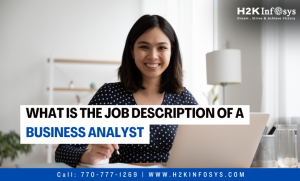
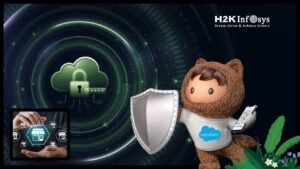
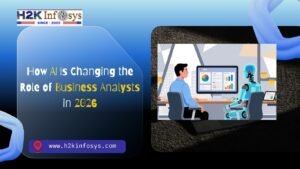


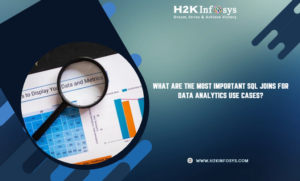

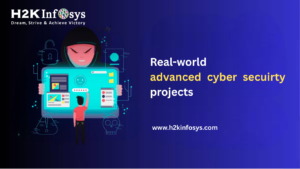


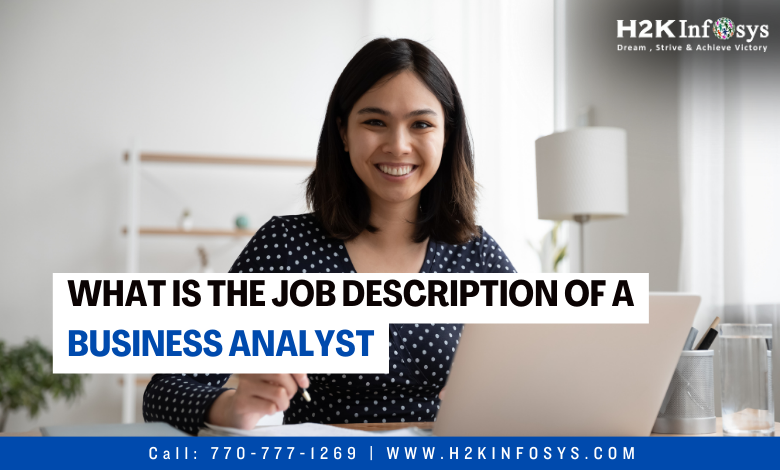
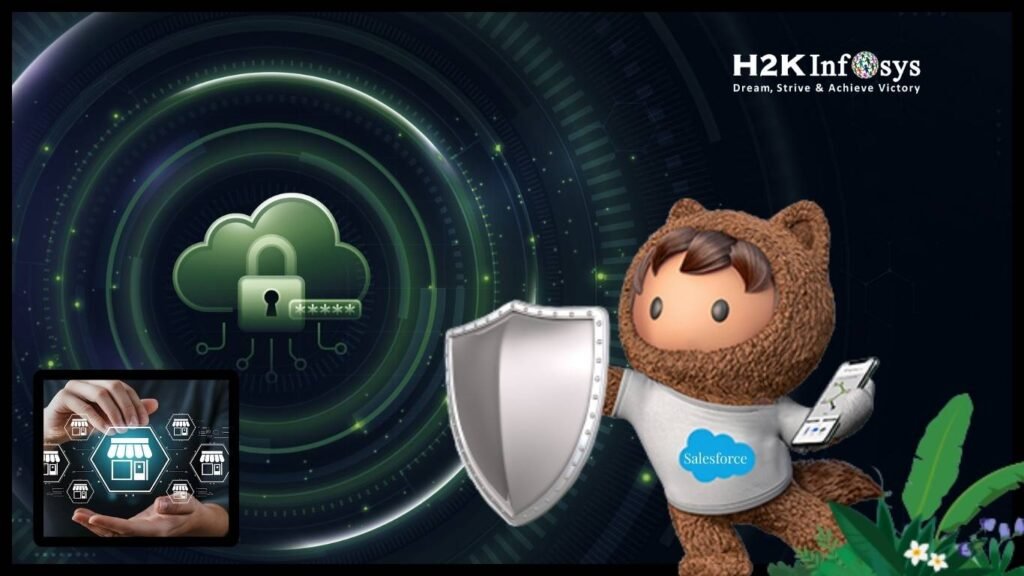
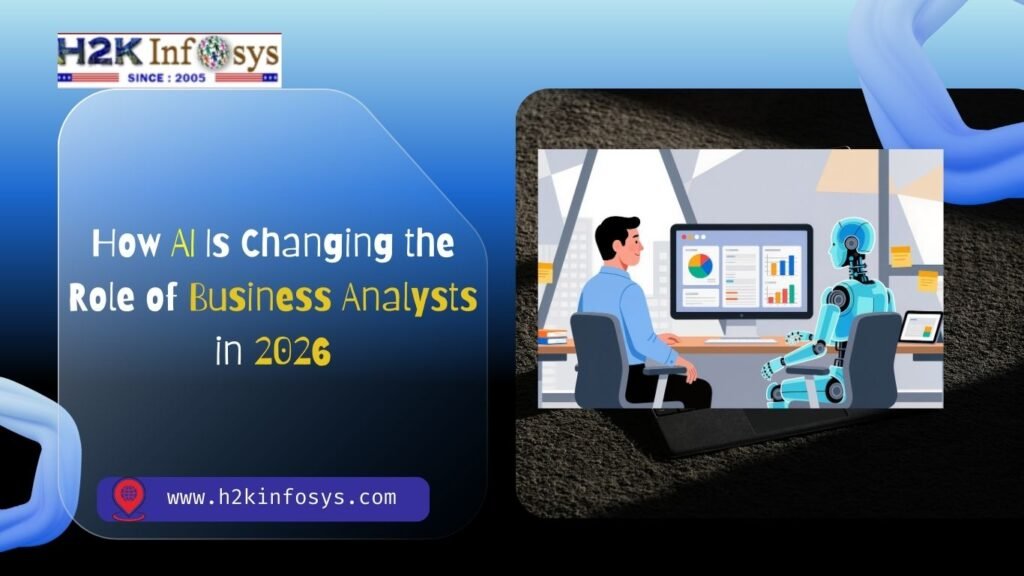
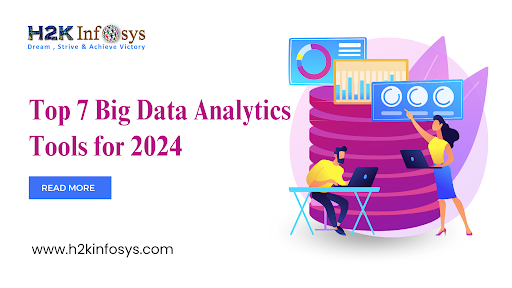

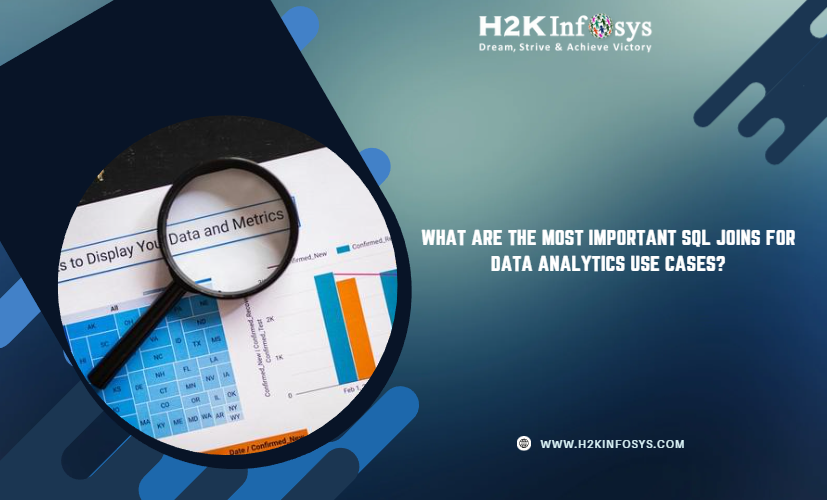
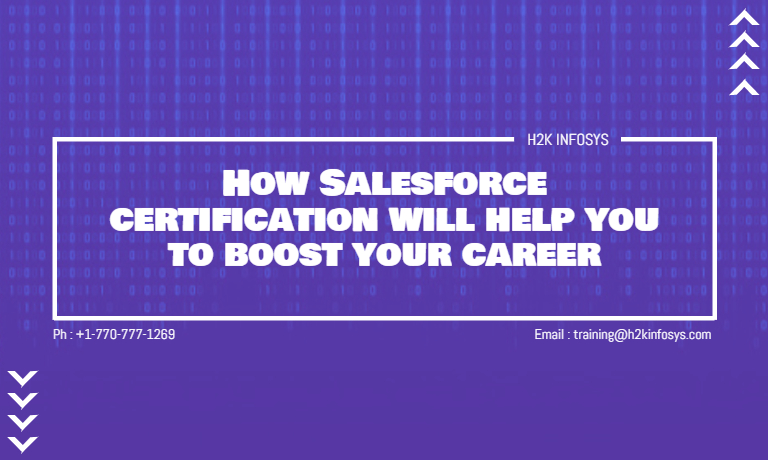
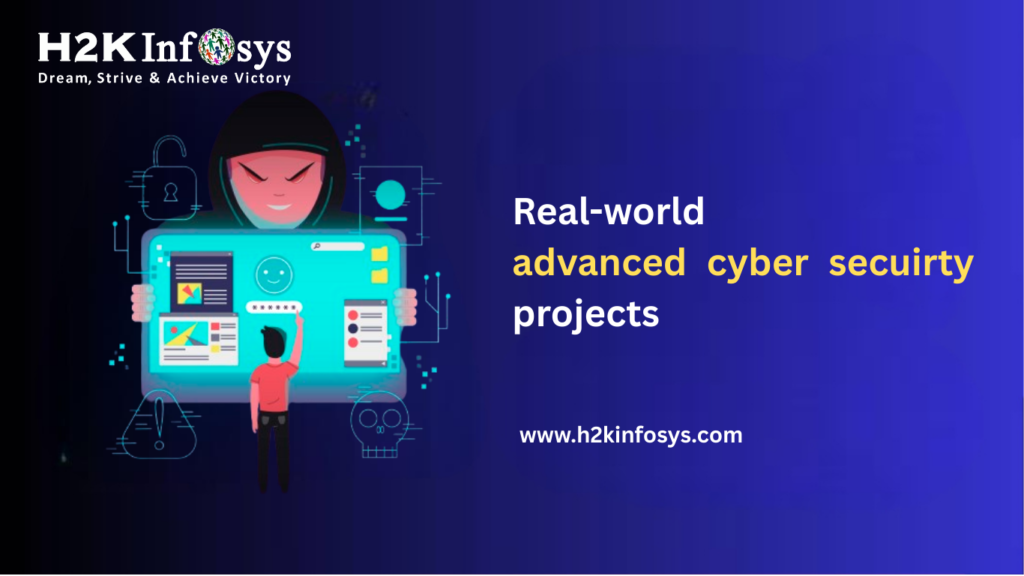

2 Responses
Looking Great, Website. Good Stuff And good content implemented. Keep to writing More.
Very useful content! The points mentioned here are clear, actionable, and easy to understand. Keep up the great work.